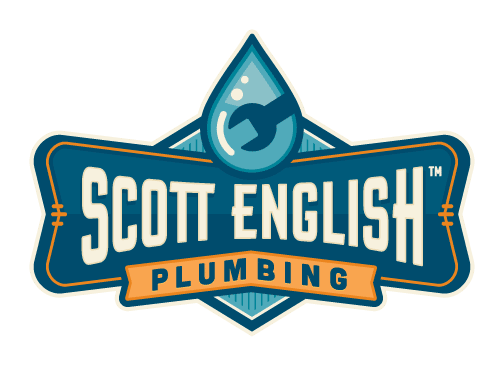Steps to Prevent Grease from Damaging Your Pipes
For many of us, eating greasy and oily food like bacon, fries, burgers, and fried chicken bring so much delight. However, medical professionals claim that these types of food can be very bad for our heart and arteries. But are you aware that these types of food can also have damaging effects on your home plumbing system? As these high-fat food preparations accumulate in our plumbing pipes, they will cause a blockage that will eventually lead to full stoppage and backed up drains. So how can grease damage your pipes?
Developing a Blockage
Pouring grease down the drain one time will not automatically create a clog. Normally, it is the repeated and unabated practice of pouring grease down the drain that creates the problem. Combine this with the lack of action and concern, and you will be facing tremendous home plumbing issues in no time at all. But what actually happens?
- 1. Everything begins when hot grease is poured down the drain.
- 2. As the grease makes its way down the drain, it begins to stick to the inside lining of the pipe.
- 3. Depending on the length of the pipe, it may or may not make it all the way down the drain.
- 4. As the grease begins to cool down, it hardens and sticks to the inside surface of the pipe making the inside diameter smaller.
- 5. The more frequent you do it, the faster the pipe diameter becomes smaller leaving you with tremendous headaches and costly plumbing problems.
As you can see, this is a slow, but sure process that degrades the efficiency of your plumbing pipes. If you fail to catch it early on, the consequences can go beyond a damaged pipe to something more costly. What should you do?
Pipe Maintenance
What can you do if you “accidentally” pour grease down the drain? As we said earlier, one time should not be that alarming, but a series of accidental pouring can be damaging. Many believe that pouring hot water down the drain is an effective solution to prevent damaging the drain pipes. However you cannot just pour the hot water. This is what you should do.
- 1. Bring a quart or two of water to a boil.
- 2. While it is still boiling hot, slowly pour it down the drain. Make sure that you protect yourself from scalding.
- 3. As the hot water makes its way down the drain, it will liquefy the hardened grease and allow it to flow further down the pipes.
- 4. After pouring down the boiling water, get half a cup of baking soda and an equal amount of vinegar and pour it down the drain.
- 5. Allow it to sit in the drain for about 20 minutes to further breakdown fats and remove foul odor coming from your pipes.
- 6. Flush down the mixture with hot water to allow it to go down the drain.
- 7. Pour some ammonia down the drain to clear remaining stubborn grease from the lining of the pipes.
This is the best way to make sure that the grease damage in your pipes can be prevented or minimized. To make this process more effective, you have to do it regularly. What does regular mean? Usually doing this method every other week is a good practice to observe.
You can also fill up the sink to the brim with hot water and pull the stopper. The pressure should fill the pipe causing a clearing effect. This can be done at least once a week for maximum effect and result.
Obviously, the best way to prevent grease from damaging pipes is to keep it out of it. Although this do-it-yourself solution is quite effective, the best way to keep your plumbing pipes in proper working order is to call Scott English Plumbing and have it checked periodically.
